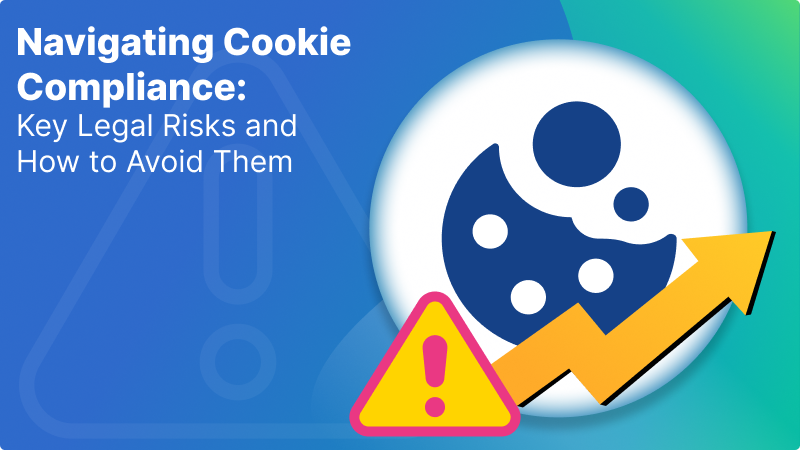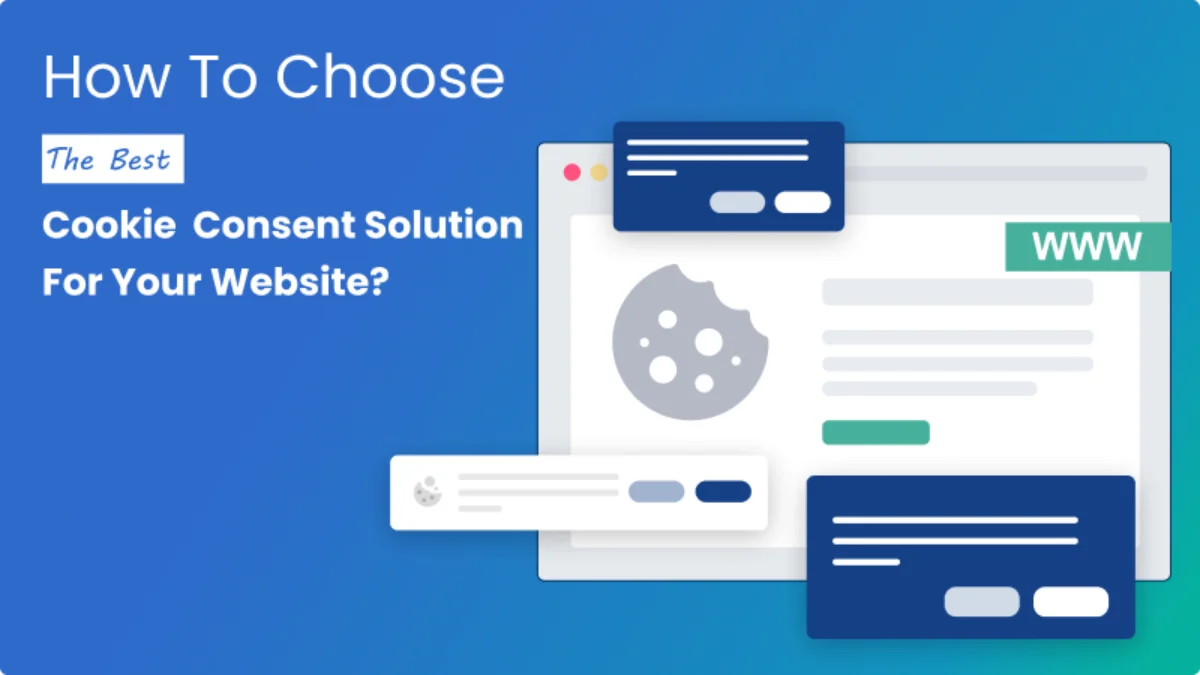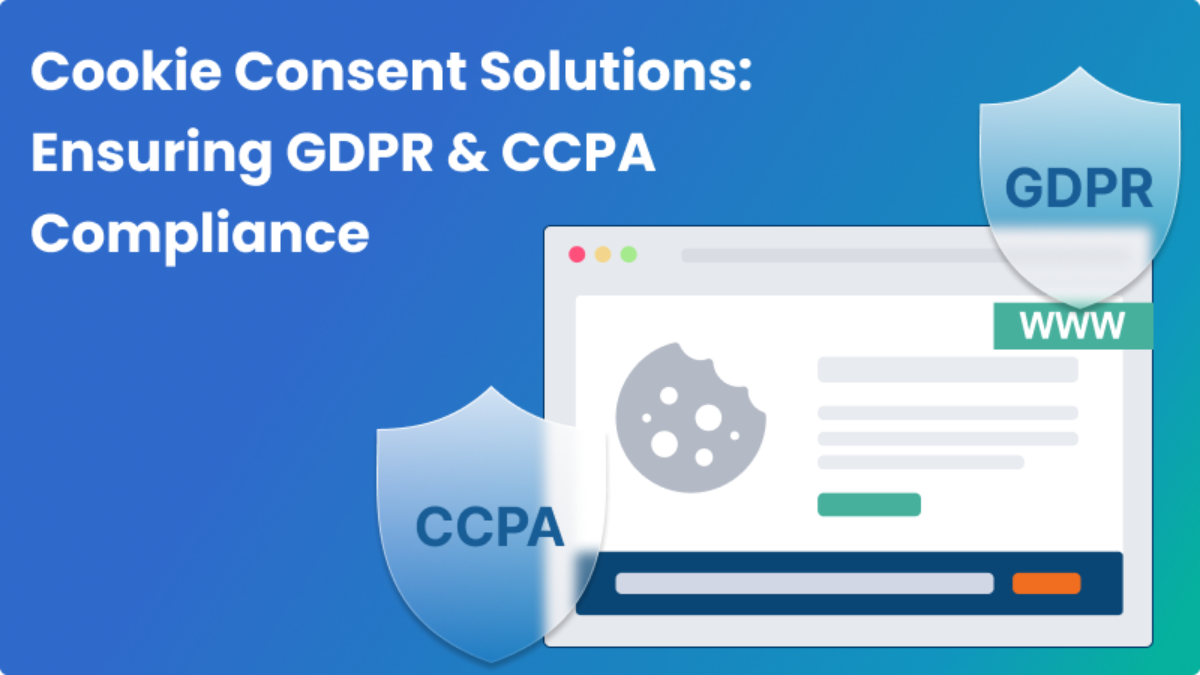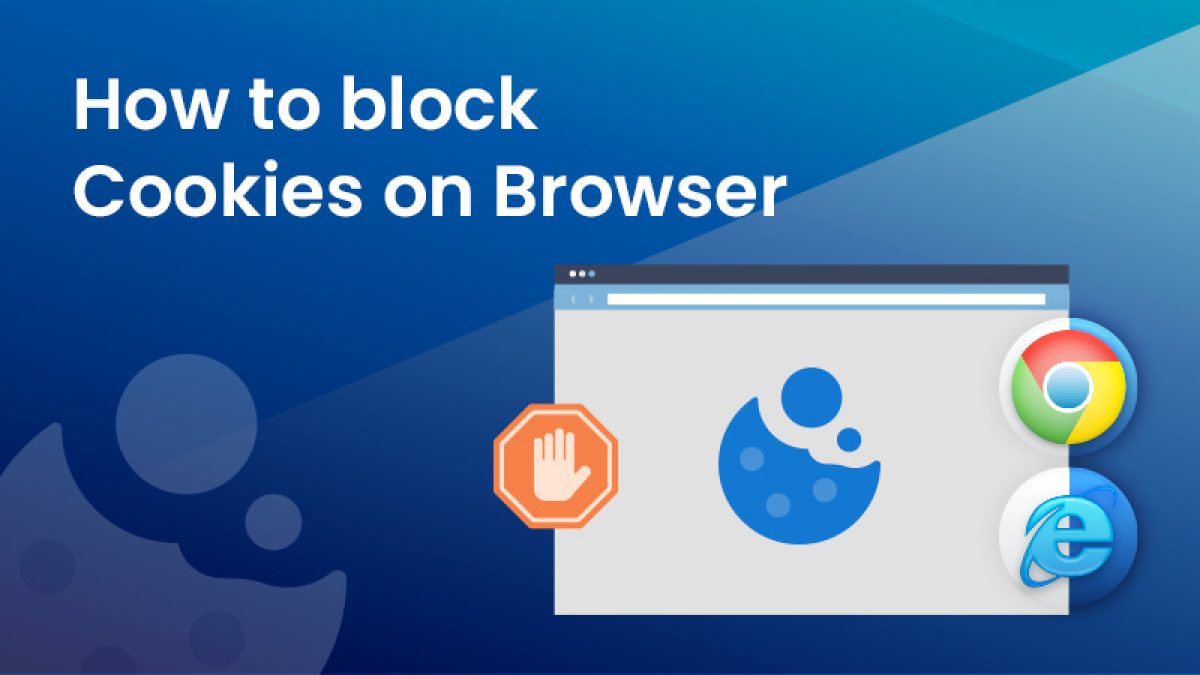Navigating Cookie Compliance: Key Legal Risks and How to Avoid Them?

In the digital age, cookies play a vital role in enhancing user experience, tracking website performance, and enabling targeted advertising. However, with increasing global scrutiny on data privacy, cookie compliance has become a significant concern for businesses. Regulators have set strict guidelines on how organizations must handle cookies, and failing to comply can lead to substantial legal and financial repercussions. In short, it is the privacy policy for cookies. You can include the cookie policy as part of the privacy policy.
This blog explores why cookie compliance matters, the legal risks associated with non-compliance, and practical strategies your organization can implement to avoid these pitfalls. By understanding the importance of cookie compliance, you can protect your business from penalties, safeguard user trust, and enhance your overall data governance framework.
What Are Cookies and Why Are They Regulated?
Cookies are small text files stored on a user’s device when they visit a website. They serve various purposes, such as remembering login details, tracking user behavior for analytics, and personalizing advertising content. While cookies enhance user experience and business operations, they also collect personal data, raising privacy concerns.
Regulations like the General Data Protection Regulation (GDPR), the ePrivacy Directive in Europe, and the California Consumer Privacy Act (CCPA) in the United States have introduced stringent rules around the use of cookies. These laws require businesses to be transparent about their cookie practices, obtain user consent, and provide clear options to opt out.
The Legal Risks of Non-Compliance
Hefty Fines and Penalties
One of the most significant risks of non-compliance with cookie regulations is the potential for hefty fines. Under GDPR, organizations can be fined up to €20 million or 4% of their annual global turnover, whichever is higher, for serious violations. Other jurisdictions, like California under CCPA, also impose substantial penalties for non-compliance. These fines can cripple small businesses and significantly impact larger organizations financially.
Reputational Damage
Beyond financial penalties, non-compliance can severely damage a company’s reputation. Privacy violations attract negative media attention, erode customer trust, and can lead to loss of business. Consumers are increasingly aware of their data rights, and being perceived as careless with personal information can have long-term implications on brand loyalty and customer retention.
Legal Actions and Class-Action Lawsuits
Non-compliance with cookie laws can lead to legal actions from regulatory bodies and open the door to class-action lawsuits from affected users. In some cases, businesses may face multiple lawsuits across different jurisdictions, compounding the legal and financial burden. Litigation costs, settlements, and the associated administrative overhead can be significant.
Operational Disruptions
Investigations and enforcement actions by regulators can disrupt business operations. Compliance audits, mandatory changes to data practices, and legal defenses can divert resources away from core business activities. This not only affects productivity but can also delay product launches, marketing campaigns, and other critical initiatives.
Data Breach Implications
Improper management of cookies, especially those that handle sensitive data, can increase the risk of data breaches. If cookies are not secured properly, they can be exploited by cybercriminals to gain unauthorized access to user data. A data breach resulting from poor cookie management can amplify the legal risks, leading to combined penalties under data protection and cybersecurity laws.
Key Components of Cookie Compliance
Transparency and Disclosure
Cookie compliance starts with transparency. Businesses must inform users about what types of cookies are being used, what data is being collected, and for what purposes. This information should be clearly stated in a cookie policy that is easy to understand, avoiding complex legal jargon.
Obtaining Valid Consent
Obtaining user consent is a cornerstone of cookie compliance. Consent must be freely given, specific, informed, and unambiguous. Users should have the option to accept or reject cookies, and their consent should be recorded. Pre-ticked checkboxes or implied consent are generally not acceptable under regulations like GDPR.
Granular Control and Opt-Out Options
Users should have control over their cookie preferences, including the ability to opt out of specific types of cookies, such as marketing or analytics cookies. Granular controls empower users to decide how their data is used, enhancing transparency and trust.
Regular Audits and Cookie Scanning
Regularly auditing your website to identify all active cookies is crucial. Cookie scanning tools can help detect new cookies, track their usage, and ensure that your cookie policy and consent mechanisms are up-to-date. Regular audits also help identify third-party cookies that may pose compliance risks.
Cookie Policy Management
A comprehensive cookie policy should be easily accessible on your website, detailing all the essential information about your cookie practices. The policy should be regularly updated to reflect changes in cookie usage or regulatory requirements. Clear links to this policy should be included in your consent banner and other relevant areas of your site.
How to Avoid Legal Risks: Practical Strategies for Cookie Compliance
Implement a Consent Management Platform (CMP)
A Consent Management Platform (CMP) is an essential tool for cookie compliance. CMPs automate the process of obtaining, storing, and managing user consent, ensuring that your website meets regulatory standards. They provide customizable cookie banners, manage consent preferences, and offer reporting features to demonstrate compliance.
Customize Cookie Banners and Pop-ups
Cookie banners and pop-ups should be designed to provide clear information and easy navigation for users. Include options to accept, reject, or manage cookie settings, and avoid dark patterns that trick users into consenting. Customization allows you to align the consent process with your brand while meeting legal requirements.
Engage in Regular Compliance Training
Ensure that your staff, particularly those involved in website management, marketing, and legal departments, are well-versed in cookie compliance requirements. Regular training sessions and updates on the latest regulations can help your team maintain compliance and quickly adapt to any legal changes.
Monitor Regulatory Changes
Data privacy laws are constantly evolving, with new regulations and amendments frequently introduced. Stay informed about changes in cookie compliance requirements across different jurisdictions, and be prepared to adjust your practices accordingly. Monitoring regulatory updates helps you stay proactive and reduces the risk of non-compliance.
Work with Privacy Professionals
Consulting with privacy professionals or legal experts can provide invaluable insights into your compliance efforts. Privacy consultants can conduct audits, recommend best practices, and help navigate the complexities of international cookie laws, ensuring that your organization remains compliant.
Conclusion
Cookie compliance is more than just a regulatory requirement—it’s a fundamental aspect of maintaining user trust and protecting your business from legal risks. As regulations continue to evolve, organizations must prioritize transparency, consent, and security in their cookie practices. By understanding the legal implications and adopting proactive compliance strategies, businesses can navigate the complex landscape of cookie laws and avoid the severe consequences of non-compliance.
How Mandatly’s Cookie Compliance Solution helps?
Whereas the most challenging aspect of gaining compliance with these requirements seems to be getting the right cookie consent banner on your website and a consent mechanism to record the consent but it is not. In fact, the true challenge lies in doing the underlying work that supports the efficient and accurate functioning of these mechanisms. Don’t worry, we have got it all covered.
Mandatly provides cookie and consent management solution without complex configuration or maintenance. Through the method of manual blocking, you can auto block the cookies by inserting the events manually in the JavaScript code.
Automatic Website Scanning: Mandatly’s Cookie Scanner technology performs in-depth scanning to detect first and third-party cookies, Trackers (plugins and social media implementations). It performs periodic scanning based on your schedule and provides an auto-generated list of cookies to keep your cookie notice updated.
Custom Cookie Banner: Mandatly offers a fully configurable solution for cookie banner settings & personalization to prepare your custom cookie banner cookie popup and ancillary features that describe the cookies collected and their purposes. Our feature-rich customization options include the ability to conduct a thorough cookie audit, providing transparency about the cookies collected and their purposes. These customizations seamlessly support various website themes, geolocations, compliances, etc.
Preference Center: Mandatly helps you build a central preference center across multiple domains. Enables a link to the policy to ensure your privacy policy addresses your cookie use and collection practices.
Consents Tracking: Mandatly’s cookie consent manager maintains your cookie consent records to demonstrate compliance. The dashboard presents easy to understand visuals of consent logs.
FAQs
It is suggested to conduct a cookie audit every six months. Moreover, it is advisable to consistently review your cookie usage and assess any third-party services integrated into your website that might set cookies.
- Identify the cookies: The first step is to identify all the cookies used on the website, including first-party and third-party cookies.
- Categorize the cookies: Categorize the cookies based on their functionality, data privacy implications, and legal requirements.
- Analyze the cookies: Analyze the cookies to determine their purpose, data collected, and how long they are stored.
- Assess compliance: Assess whether the cookies comply with data privacy regulations and your own privacy policy.
A cookie audit is an essential step towards ensuring compliance with data privacy regulations such as the GDPR. The GDPR requires that website owners obtain valid consent from users before collecting and processing their personal data, including cookies.
By auditing cookies, you categorize them, analyze their purpose and storage, confirm compliance, and create a clear cookie policy for users to opt out of non-essentials. This protects you from potential fines and legal issues.
Conducting a cookie audit poses challenges for website owners, including identifying all cookies, categorizing them, analysing their details, and creating a comprehensive cookie policy.
Utilize an automated software solution like Mandatly Cookie Compliance to scan and list all cookies including third-party ones. The tool automatically categorizes cookies based on functionality and generates a comprehensive report detailing their purpose, data collected, and storage duration. Additionally, it seamlessly updates the cookie policy in real-time upon identifying new cookies or removing existing ones.
Conducting such an audit is essential to ensure transparency and adherence to data privacy laws like GDPR, CPRA, CCPA, and other relevant regulations. Failing to perform a cookie audit poses the risk of non-compliance with data privacy regulations.
Conducting a cookie audit can impact website performance, but the impact is usually negligible.
Yes, to ensure that the website’s cookie usage is optimized for performance and user experience.













